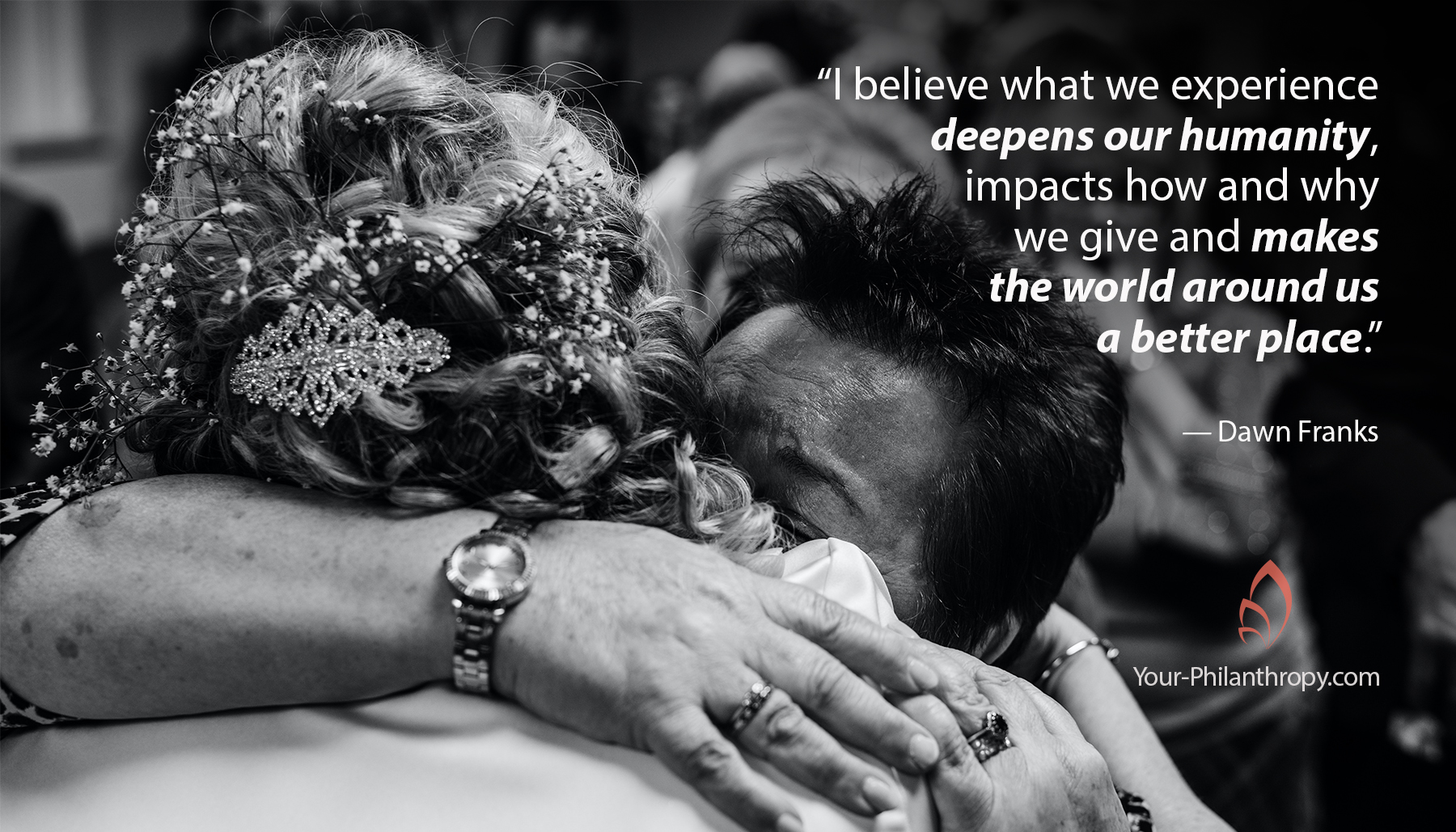Unprecedented. Unparalleled. 100-year event. Words and phrases used to describe the plunging temperatures across Texas and the deep south as a polar vortex of arctic air settled in for more than a week.
As temperatures plunge and power outages occur, our response focuses on conserving body heat when very cold. And our circle of concern might widen to include those closest to us, what Maslow’s Hierarchy of Needs depicts – psychological and physical needs on the very lowest levels of the well-being triangle. Without those lowest and most basic needs met, there is no survival.
When help arrives, our response is a sigh of relief, thankfulness, even celebration. I’m sure of it. I experienced all of it last week.
After experiencing 0-degree temperature outside and low 40 degrees inside for close to 36 hours, I kept reminding myself how much worse it must be for many others in my community. Then I would think about people in icy parts of the world and realize I couldn’t comprehend their extreme cold experience when my own experiences were so drastically different.
I hunkered down and canceled a Zoom meeting because we had power outages and internet interruptions. Amidst the rescheduling, a text reminded me that temperatures in Minnesota were twenty-plus below 0 and that an excursion with bundled-up grandchildren was planned with colored snow bubbles.
It’s all about preparation for such events, which I can attest, in Texas, we were not. If you know someone who is experiencing extreme weather, you may know someone in need. The YP Journal is mostly about philanthropy, generosity of all types, donors, volunteers, nonprofit organizations of all sizes and the people they serve.
Make a Difference Now
Today, my message is about us and how we now make a difference – helping families, friends, coworkers, neighbors.
Today, my message is also about how to help those you don’t know. Many will be seeking help for plumbing needs they can’t afford and living expenses after being out of work for a week or more. They may need food after the refrigerator and freezer slowly warmed throughout the extended loss of power.
And there are nonprofit organizations themselves dealing with unexpected maintenance issues related to this extreme weather event. Nonprofit organizations may need extra help with general operating expenses to pay their unexpected repair bills.
If you live in one of these communities and know someone in need, the most generous gift you can make might be a direct gift of cash. No, it’s not tax-deductible. But if you look up generous in the dictionary, you won’t find the IRS mentioned.
What if you were fortunate and warm enough to be watching the event unfold on television or the internet? If you want to help but don’t know where to start, here are a few ideas.
How to Pick a Place to Give
- Place where you grew up
- City where you visited your grandparents
- Places where your parents, children and grandchildren live
- Places where you vacation
- Places where you lived before you moved to warmer parts
- Hometown of your college roommate, even if you haven’t communicated in years
- Best friend’s hometown
- Place you just saw on the TV news or read about on the internet
We could make a very, very long list. But I hope you get the idea. Pick somewhere or someone you know and give to that place.
How to Know Where to Send the Gift When It’s Not Obvious
- Go online and check the local paper for organizations helping those impacted
- Call the United Way – they will have answers
- Call the Chamber of Commerce in small communities
- Look for the Salvation Army (8,000 locations in the U.S.)
- Google foodbanks in the city where you want to give
- Call a large church in the area for ideas
Again, you will think of many other ways to investigate where your gift can make a difference.
I realize you will know very little about the organization you choose to give through. You can check out their website or go to Candid for information to help you feel more informed. In the end, we must trust the organizations working to help.
It’s going to be a while before I forget this unprecedented, unparalleled, 100-year event for Texas. I know that because when I was in the ninth grade, my family made an emergency trip from Frankfurt, Germany, to Dover, Delaware, on board a cargo plane with little insulation and no heat. And even after many years, my brother and I remember that cold, eight-hour trip like it happened yesterday. Memories and experiences stay at the core of our being.
I believe what we experience deepens our humanity, impacts how and why we give and makes the world around us a better place. How will you give?
How have experiences shaped how and where you give?
Share your ideas on places to give at times like this.
Like it? Use it. Share it. Comment below.


0 Comments